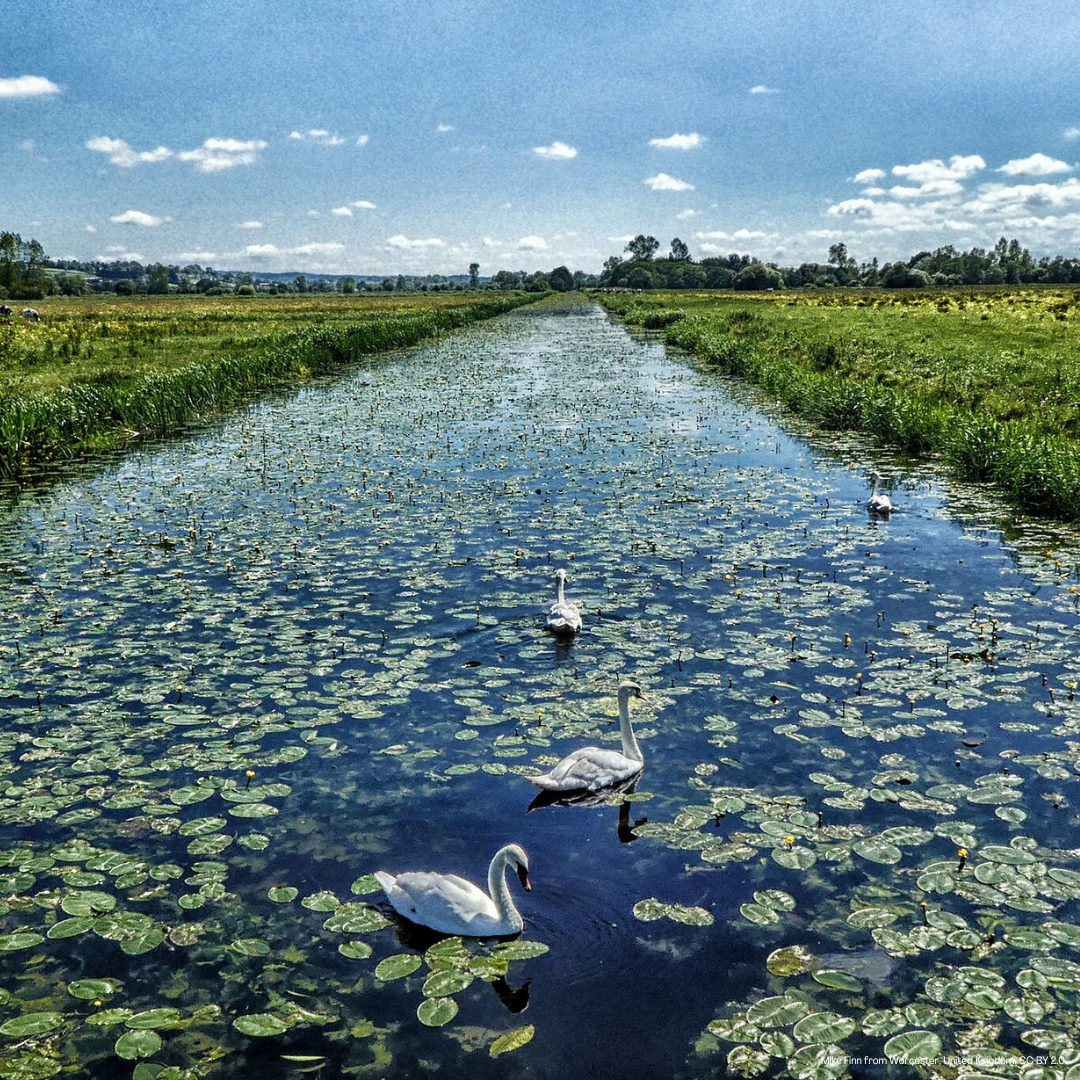Rethinking Wetlands (ReWet)
The project provides a historically informed comparative ethnography of wetland conservation. Its main goal is to gather, compare, analyze, and disseminate knowledge, narratives, and practices concerning forms of wetland management that support local economies, ecological prosperity, and climate resilience. Particularly, “ReWet” explores and compares narratives, activities, and imaginaries, as much as the science and techniques involved in the management of wetlands in coastal plains and watery landscapes: such as the Somerset Levels in southwest England, the Oristano Gulf in Western Sardinia, Italy, and the Simeto river in Eastern Sicily, Italy.
This research is especially urgent in light of the rapid wetland decline, which is exacerbating the effects of climate change. Two-thirds of European wetlands have been lost in the last century, with their degradation expected to continue. Within this context, new ecological sensibilities are “rethinking wetlands:” from wastelands to be reclaimed to valuable ecosystems for mitigating and preventing the effects of climate change. Accordingly, wetland protection has become priority, and it depends on conservation initiatives. As I learned during my previous researches in Italian wetlands, these initiatives depend on collaboration with local communities, which are often affected by—and at times in opposition to—wetland conservation. “ReWet” studies these initiatives focusing on management strategies that include traditional activities, such as livestock grazing, fishing, and agriculture.
Conservationists tend to consider these activities as functional to the ecology of wetlands, but without taking economic aspects into account. Such an opposition between ecology and economy often engenders contestations that threaten the preservation of wetlands. “ReWet” overcomes this opposition by developing a wetland anthropology that understands wetlands beyond the narrow definitions of ecosystems, as water infrastructures entangled in wider hydrological networks and hydrosocial lifeworlds. Such an approach expands existing literature on wetlands by adopting the theoretical and analytical contours of the Anthropocene as a “mode of scholarship” aware of the interconnectedness of social, geological, and climatological regimes. By drawing on the changing complexity of wetlands and on the field of relations on which they depend, “ReWet” will advance anthropological knowledge on environmental conservation in the wake of climate change. At the same time, by unveiling the historical constitution of wetlands as concretions of knowledges, practices, politics, and multispecies relations, this project and its outcomes will lay the foundations for a wetland anthropology at the intersection of the social and natural sciences, and the humanities.
The project is funded by a DFG Eigene Stelle research grant running from November 2024 to October 2027 and led by Dr. Paolo Gruppuso.


